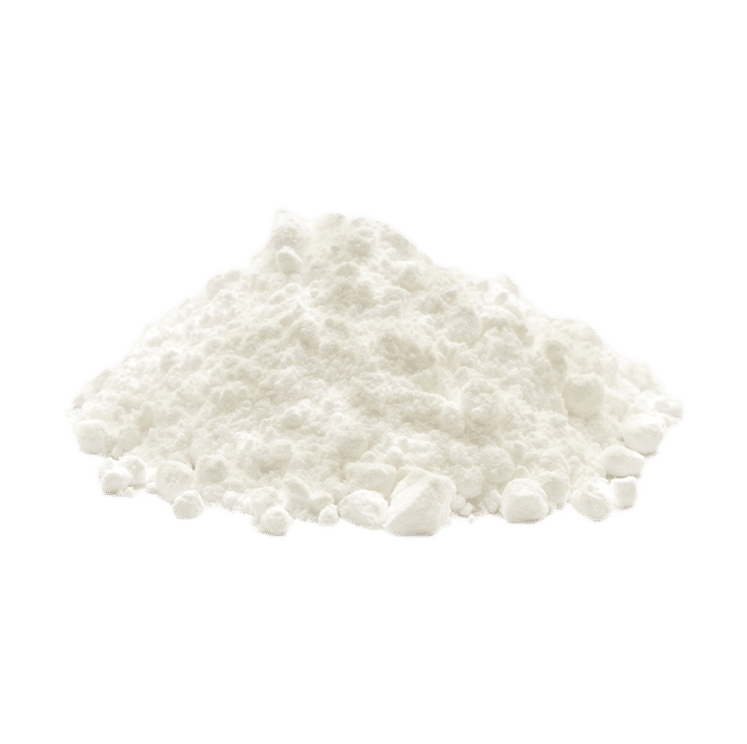Disclaimer
*These statements have not been evaluated by the Food and Drug Administration. Ingredient information is not intended to diagnose, treat, cure, or prevent any disease.
Material Name(s): Biotin, Vitamin B7
Biotin is part of the B vitamin family and is also known as vitamin B7. Biotin, along with other B vitamins, serves as a co-factor in the enzymes that break down fats, carbohydrates and proteins in food, and is critical to ensuring the body is producing energy efficiently for immediate use or storage. Biotin is found in cooked eggs, beef liver, salmon, avocados, nuts and seeds and is produced by gut bacteria in balanced microbiomes. Biotin deficiencies can negatively impact hair growth as well as skin and nails.
Biotin regulates the signals sent by cells. Proper cellular communication is important because if the signaling system goes awry or miscommunicates then disease can result.
Signs of Deficiency
- The most characteristic feature of a biotin deficiency is a facial rash (around the eyes, mouth and genitals)
- Biotin deficiency also appears as alopecia, conjunctivitis, dermatitis and neurological symptoms such as numbness/tingling and visual changes
Populations at Risk of Deficiency
- Individuals who have been on feeding tubes for prolonged periods of time, do not often have biotin added to formulas
- Diets with >10 egg whites per day. Due to the uncooked egg containing a protein called avidin that tightly binds to biotin hindering its absorption into the blood.
- There are also a number of well-known metabolic disorders that block enzymes and transport of biotin.
- Smoking increases biotin breakdown and is more pronounced in women.
- Pregnant women also have a higher requirement for biotin and may become deficient if not supplemented.
- Dysbiosis can also lead to biotin deficiency
Technical insights:
- Country of origin; China
- Pharmaceutically synthesized


